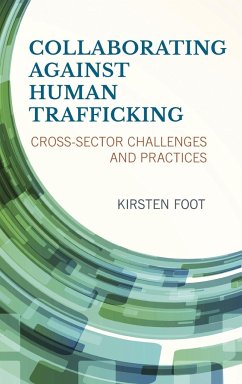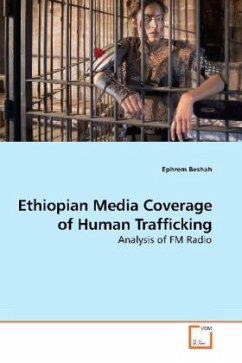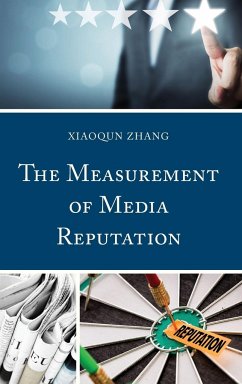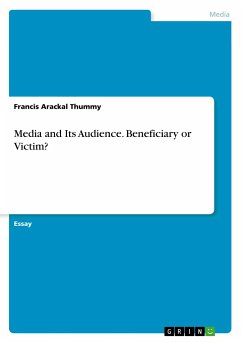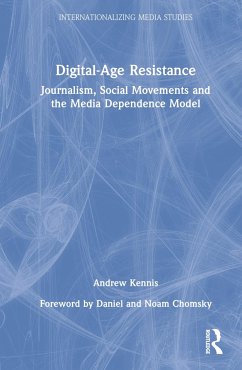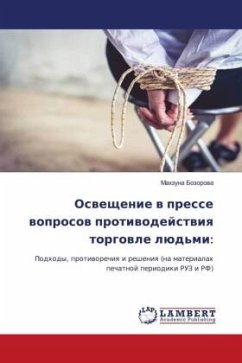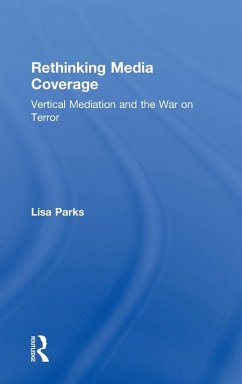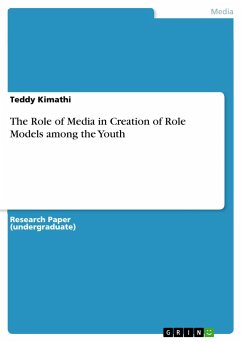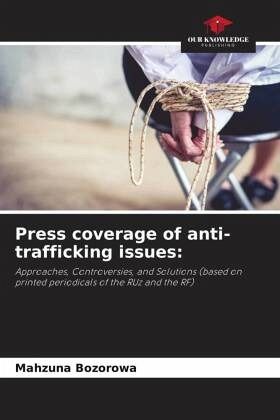
Press coverage of anti-trafficking issues:
Approaches, Controversies, and Solutions (based on printed periodicals of the RUz and the RF)
Versandkostenfrei!
Versandfertig in 6-10 Tagen
43,99 €
inkl. MwSt.

PAYBACK Punkte
22 °P sammeln!
In the last 20 years, the role of the media in society has changed dramatically. People's attitudes toward the problem of human trafficking, characterized by brutal and persistent human rights violations, have become directly influenced by their activities. Researchers from various countries and research centers contribute significantly to the development of research on the functions and principles of media involvement in the comprehensive fight against this phenomenon, their role in the perpetuation of various stereotypes, including gender stereotypes, regarding victims of human trafficking, ...
In the last 20 years, the role of the media in society has changed dramatically. People's attitudes toward the problem of human trafficking, characterized by brutal and persistent human rights violations, have become directly influenced by their activities. Researchers from various countries and research centers contribute significantly to the development of research on the functions and principles of media involvement in the comprehensive fight against this phenomenon, their role in the perpetuation of various stereotypes, including gender stereotypes, regarding victims of human trafficking, and the professional ethics of journalists in covering the topic in the context of various states and regions. At the international and local levels, there is an increasing need to increase the professional competence of the media in this area. Particularly since it is the responsibility of the media to raise public awareness and provide competent coverage of governmental and civil society efforts to counteract human trafficking. This book is devoted to scientific and theoretical reflection on the role, forms and methods of the media of the two countries as an important tool for effectively counteracting human trafficking, preventing it and raising public awareness.




